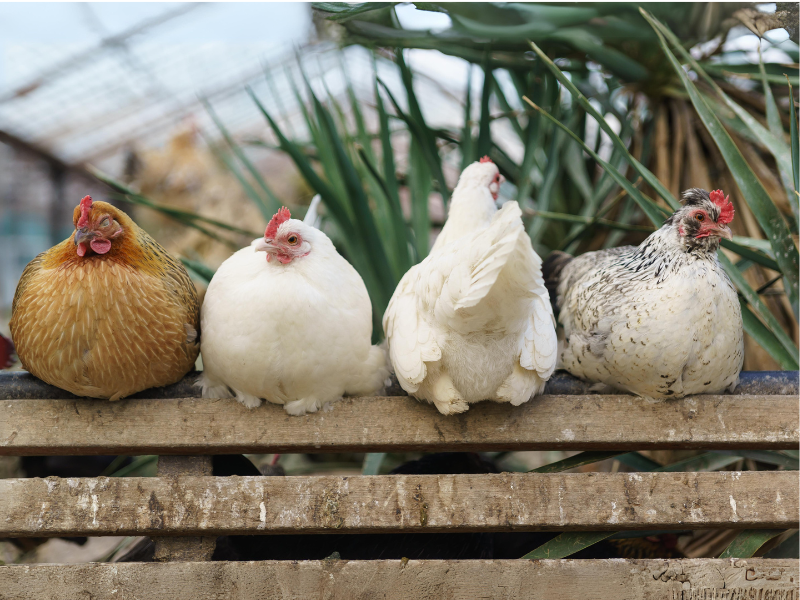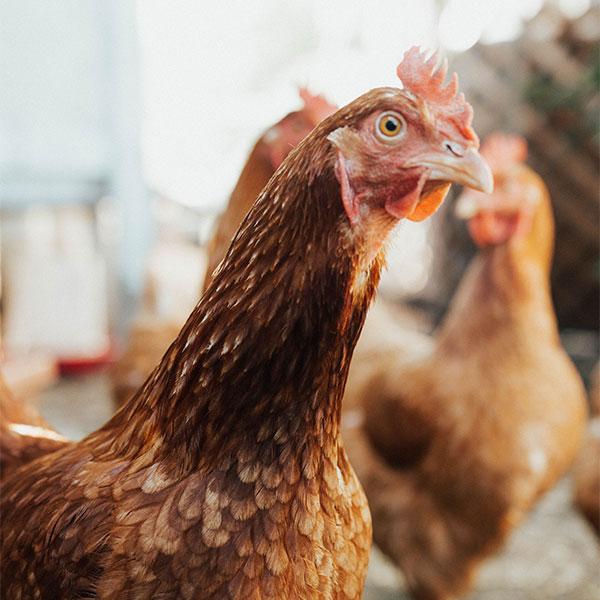Springtime means baby chick season! Whether you’re raising chicks as pets or as a food source, following a few key steps can help ensure they grow into healthy adult chickens. Here are the essentials for starting your chicks off right.
Setting Up a Brooder
A brooder, or brooding area, is where chicks stay before they’re ready for a full-sized coop. Newborn chicks need about half a foot of space each, increasing to a foot as they grow. For fewer than 30 chicks, a large cardboard box works well. Keep walls at least 18 inches high and avoid drafts, air vents, pets, and small children.
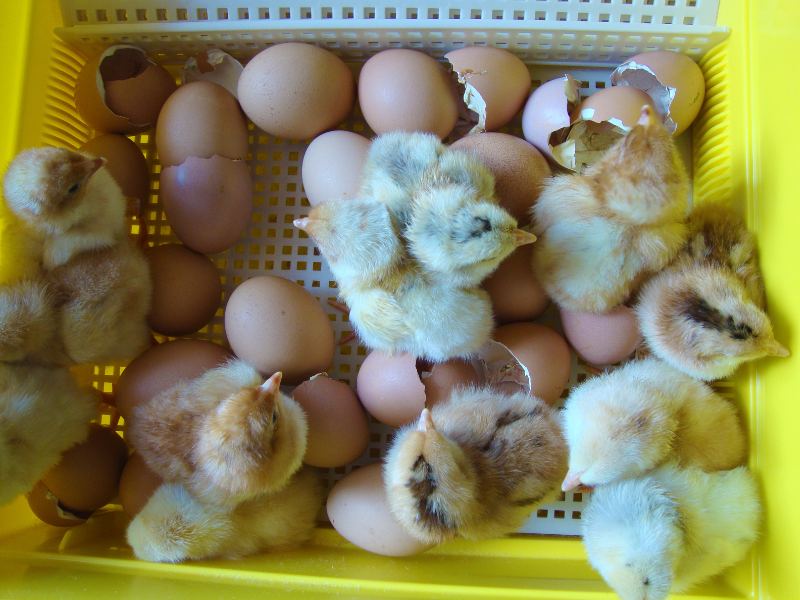
Maintaining Proper Temperature
Chicks need warmth until they’re fully feathered, typically around six weeks old. Here are recommended temperatures by age:
- 1 Week: 95-100°F
- 2 Weeks: 85-90°F
- 3 Weeks: 80-85°F
- 4 Weeks: 75-80°F
- 5-7 Weeks: 70-75°F
- 8 Weeks: 65-70°F
Using a Brooding Lamp
A brooding lamp is essential for keeping the area warm. Monitor the chicks’ behavior to adjust the heat. If they spread out, they may be too hot; if they huddle and chirp loudly, it may be too cold. Adjust lamp height or bulb wattage as needed.
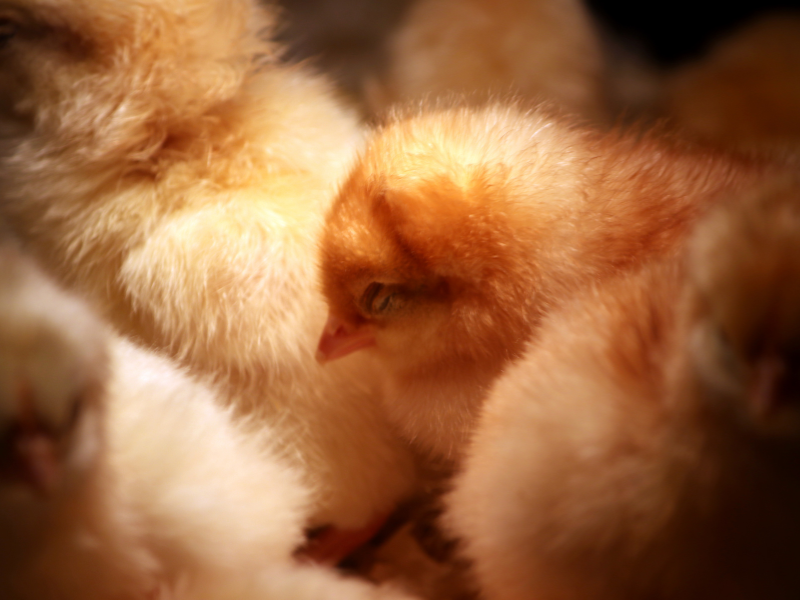
Bedding
Place a layer of newspaper topped with 2-3 inches of pine shavings or straw in the brooder. Change the bedding regularly to control odors and prevent bacterial growth. Avoid slippery surfaces, as they can cause leg issues in growing chicks.
Food and Water
Chicks need constant access to food and water. Use a chick starter feed and ensure fresh water is available at all times. A chick water fountain helps keep water clean and reduces spills.
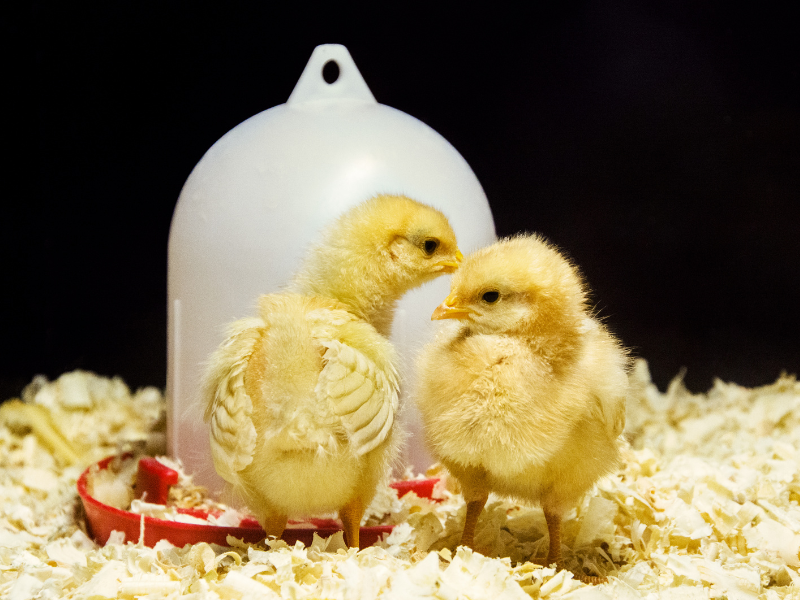
Important Safety Tips
Chicks can carry salmonella. Wash hands thoroughly after handling chicks and keep the brooder away from living and eating areas to minimize the spread of germs.
For additional resources, check out these links:











